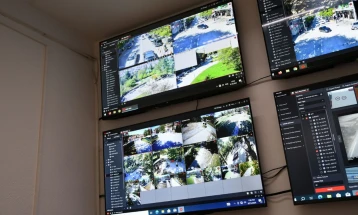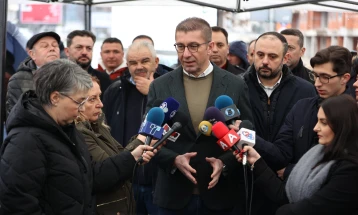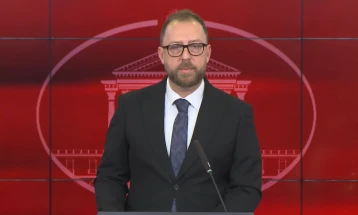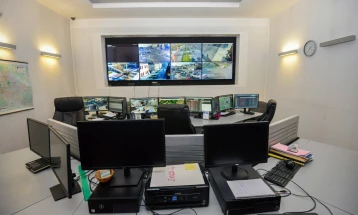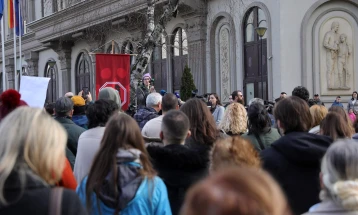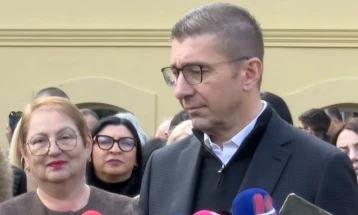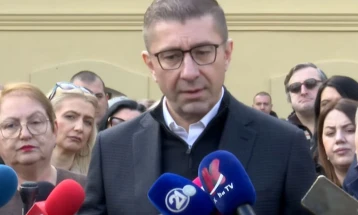Trenchevska: Roma early childhood education plays a crucial role in development of children
- Post By Silvana Kocovska
- 13:23, 13 June, 2022
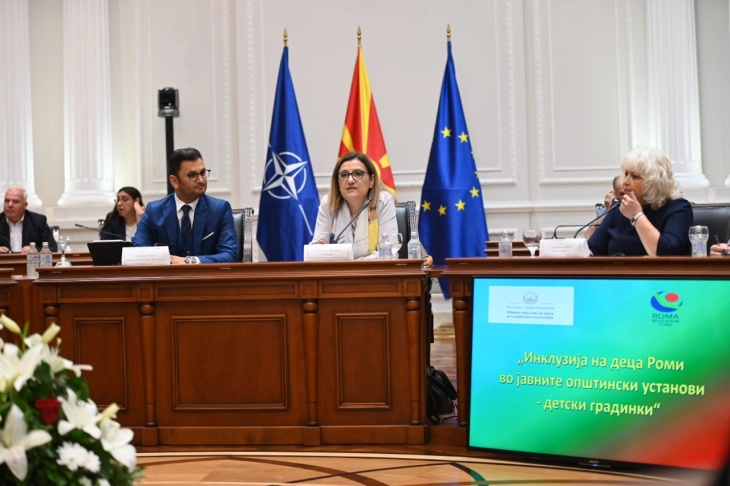
Skopje, 13 June 2022 (MIA) – Minister of Labour and Social Policy Jovanka Trenchevska delivered opening remarks Monday at the event presenting the results achieved from implementation of “Inclusion of Roma children in public preschools” project.
Minister Trenchevska addressing the mayors, preschool directors and representatives of the Roma Education Fund (REF), said that early childhood education plays a crucial role in the development of the children and has significant positive socio-economic effects on the whole society,” Ministry of Labour and Social Policy said in a press release.
“One of the priorities of the Government and the Ministry of Labour and Social Policy is ensuring equal access and inclusion of all children in education process regardless of their gender, ethnicity, socio-economic and cultural differences as well as different health and special needs. Inclusiveness represents complex commitment which emerges from essence of the Convention on the Rights of the Child, every child to get equal chances for development and opportunities to be equal member of the community,” Trenchevska said.
“Inclusion of Roma children in public preschools” project has been implemented by the Ministry of Labour and Social Policy, in cooperation with the Roma Education Fund from Budapest, Local Self-Government Units and public preschools from 2006. The aim of the project is to remove the existing barriers to access to preschool institutions for Roma children aged 3 to 6 years, inclusion of children and their socialization as well as strengthening awareness among their parents about the importance of early childhood development and education of their children, reads the press release.
During these 16 years of project implementation, about 5,000 children from the Roma ethnic community in 20 municipalities were included. For more successful implementation of the project, as well as building social skills and to facilitate the access of Roma children 17 mediators were hired and caregivers.
“For the school year 2021/2022, 264 children in a total of 21 municipalities have been included within the project,” Trenchevska said.
The event underscored the successful implementation of this project and its key role in the Roma education process and reducing the gap between Roma and other ethnic communities in the field of education. At the same time, this project contributed to increasing the enrollment rate of children in first grade, which significantly improves the education of Roma children and inclusion in the education system.
